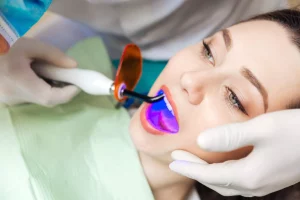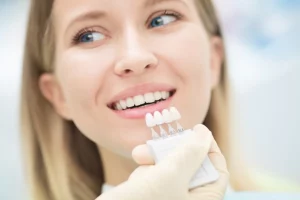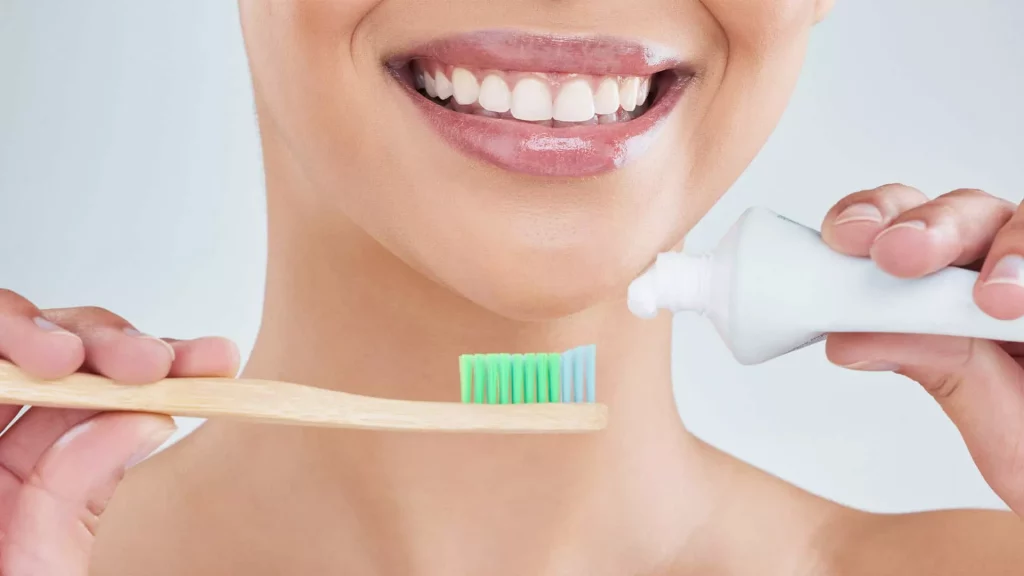Last Updated on: 5th December 2024, 10:38 am
Suppose you have been diagnosed with heart failure or someone close to you lives with this disease, it is vital that you know that it is a chronic disease that has no cure, for this reason, you must inform your treating dentist, and the professional will need the information you can provide about the disease registered in the clinic. It is important to understand what a stroke is and how it occurs before examining the connection between stroke and dental health. The blood arteries that carry blood to the brain become blocked (ischemic stroke) or bleed (hemorrhagic stroke), respectively.
The link between stroke and dental health

What you can do to reduce your risk?

What should be considered?
To understand the importance of informing the dentist of heart disease before treatment, we will describe arterial hypertension, hyper which means (over, over, increase) tension which means (pressure, blood, or arterial) defined as an increase in blood pressure. When the patient comes to the dental office with high blood pressure, requesting treatment and this care requires the use of an anesthetic with a vasoconstrictor for treatment, after administration it can be complicated with a greater increase in blood pressure, leading to complications, and increase the risk of suffering a heart problem with cerebrovascular infarction among other problems. That is the importance of immediate communication before dental treatment.
When the treating dentist receives information about a patient suffering from heart disease, she/he will immediately begin a preventive care protocol.
Heart disease causes alterations not only at the systemic level but also at the oral level, which must be recognized in time to be able to use adequate dental management. Being the first cause of mortality in the world, it is crucial to know the risk during dental care. It should also be considered that a large part of the medication used by patients with heart disease has side effects that complicate and trigger an oral disease or pathology.

In any procedure involving bleeding, the dentist will recommend the patient take antibiotic prophylaxis, that is, to take an antibiotic as a preventive action.
The dentist knows that a dental procedure always generates a certain degree of stress in patients, linked to the treatment, so it will reduce care times in a cardiac patient.
All dental procedures for which antibiotic prophylaxis is recommended in patients with heart conditions are Dental Extraction, periodontal procedures that include surgery, scaling and root planing, probing, maintenance visits, dental implant placement, and reimplantation of avulsed teeth, endodontic or apical surgery, subgingival placement, orthodontic band placement, prophylactic dental cleaning, and biopsy.
Faced with all those mentioned above, the dentist must know about the heart condition, to recommend the necessary preventive measures; you should not feel ashamed to ask, it is important to be clear when we talk about health; it is essential to create a good relationship between the dentist and the patient so that you can come to your consultation without fear and with confidence.
Conclusion

Contact us
If you have any questions about stroke and dental health or other topics, you can contact us at Channel Islands Family Dental as well as our page on Facebook. We look forward to your visit and we will make a timely diagnosis. Our dentists in Oxnard, Santa Paula, Ventura, Newbury Park, and Port Hueneme will be able to guide you toward the best treatment to take care of your health and give you back your best smile.














